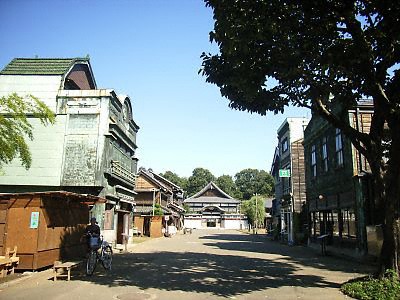What is Key Money?
The system of key money is difficult to understand, for the term is used differently in different parts of the world.
In France, it means money paid to an existing tenant who assigns a lease to a new tenant where the rent is below market. ??In the US, it sometimes means a bribe to a landlord. ?In other parts of the world it is used synonymously with normal security deposits, which are used to cover nonpayment of rent and excessive damage to a rental unit.
In Japan, key money, called Reikin (腓守??, literally, “gratitude money”) is a mandatory payment to the landlord. ?Key money can be the equivalent of 6 months of rent or more, but is typically the same as 1 to 3 months of rent, often the same amount as the original deposit (Shikikin, ??潔??). ?This money is considered a gift to the landlord, and is not returned after the lease is canceled, unlike Shikikin or other deposits.
The Origin of Key Money
How did the system of key money start?
It is said that originally, key money was paid in order to protect the job bachelors and students, who came to Tokyo from the countryside alone and do not have any acquaintance in the city.? Their family paid key money to the landlord so that they would be taken care of by the landlord when in trouble.? Key money had the meaning of gratitude in advance, and so it came to be called Reikin (腓守??, literally, “gratitude money”).? In other words, for the landlord, taking the key money meant promising to take care of the new tenant.
For more information & tips on?renting in Tokyo, click here!
—
Higherground Co.,Ltd.
2-8-3 Minami-Aoyama, Minato-ku, Tokyo, Japan
TEL:03-6459-2230
HP:http://www.higherground.co.jp/
TOP PAGE:?https://livingtokyo.net/
